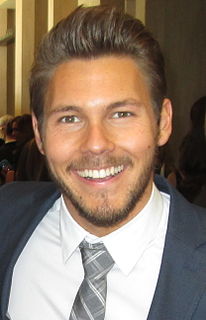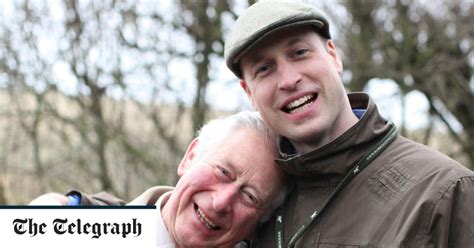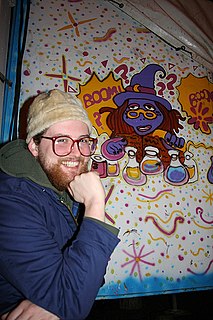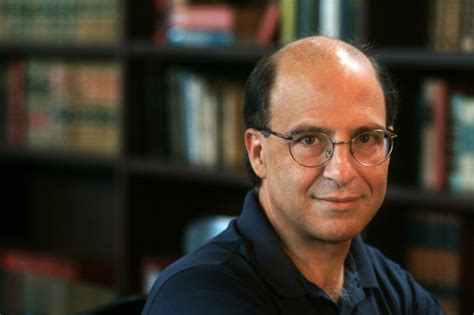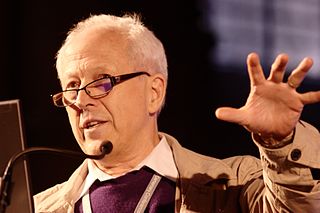A Quote by Gary Gutting
Teaching Plato in Palestine shows how philosophical thinking can illuminate important topics-in particular, the problem of finding ways to engage people with opposed ideologies in fruitful debate. The lively narratives, based on the author's experiences of working with various groups interested in using philosophical tools to clarify their thought and action, will engage a wide range of readers.
Quote Topics
Action
Author
Based
Clarify
Debate
Engage
Experiences
Finding
Fruitful
Groups
How
Ideologies
Illuminate
Important
Interested
Lively
Narratives
Opposed
Palestine
Particular
People
Philosophical
Philosophical Thinking
Plato
Problem
Range
Readers
Shows
Teaching
Thinking
Thought
Tools
Topics
Using
Various
Ways
Wide
Wide Range
Will
Working
Related Quotes
I've always been interested in technology, but specifically how we can use machines to engage the imagination. I started using computers when I was young and was fascinated by creating rules and instructions that allow a computer to engage in a dialogue with humans. The stories found in the data all around us can do just that.
If you read philosophical texts of the tradition, you'll notice they almost never said 'I,' and didn't speak in the first person. From Aristotle to Heidegger, they try to consider their own lives as something marginal or accidental. What was essential was their teaching and their thinking. Biography is something empirical and outside, and is considered an accident that isn't necessarily or essentially linked to the philosophical activity or system.
As a philosophical problem, it comes down to a better way to engage with the passage of time; and I think we're getting close to one, because the imaginative loss of the future is becoming acute.The most effective political actors on the planet now are people who want to blow themselves up.These are people who really don't want to get out of the bed in the morning and face another unpredictable day.
I would say I was a philosophical boy. Thoughts about 'identical stones' are the earliest philosophical thoughts I remember. But when I was a teenager I also thought about the more typical philosophical problems teenagers think about: the existence of god, the objectivity of morality, whether one can know that the external world exists.
Digression is my passion. I love telling the main stories, but in some ways, what I love most is using those narratives as a way of stringing together the interesting stories that people have kind of forgotten, and that are kind of surprising. The problem is, how do you pare stories away so that the book doesn't become a distracting jumble of material, and readers lose focus? In my experience, there's really only one way to do that. I pack it all in with the rough draft, then count on myself and my trusted readers to tell me what's good and what's not good.



